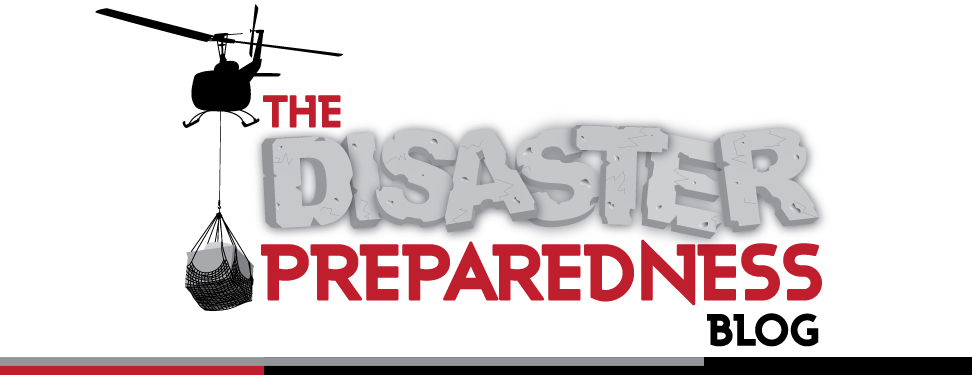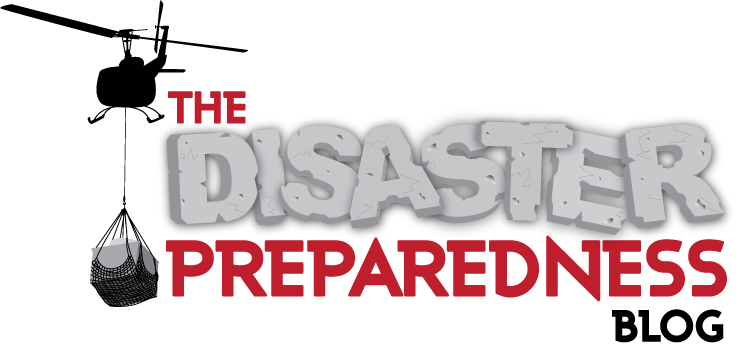Terrorists Attacked Japanese Oil Tanker In Strait of Hormuz
 Saturday, August 7, 2010 at 12:55PM | |
Saturday, August 7, 2010 at 12:55PM | |  Email Article
Email Article 
Traces of explosives were found on the hull of the tanker M. Star, ending a series of conflicting reports on what happened to the tanker. The report comes several days after al Qaeda-linked Abdullah Azzam Brigades claimed responsibility for the attack.
The attack occurred in the Strait of Hormuz, which is the first attack in the Strait and leading to speculation of more to come.
The tanker was apparently struck with an explosive laden dinghy which ran into the side of the M. Star, which injured a crew member and causing a large dent in the side of the tanker. The blast also shattered windows, ripped off deck railings and blew a lifeboat off the ship.
No oil appeared to be leaking but the Strait of Hormuz is a transit point for about 40% of oil shipped by tankers worldwide. No shipments have been disrupted due to the incident, but the attack will likely lead to more attempts and could easily disrupt future oil shipments. Currently about 17 million barrels per day pass through the Striat of Hormuz.









